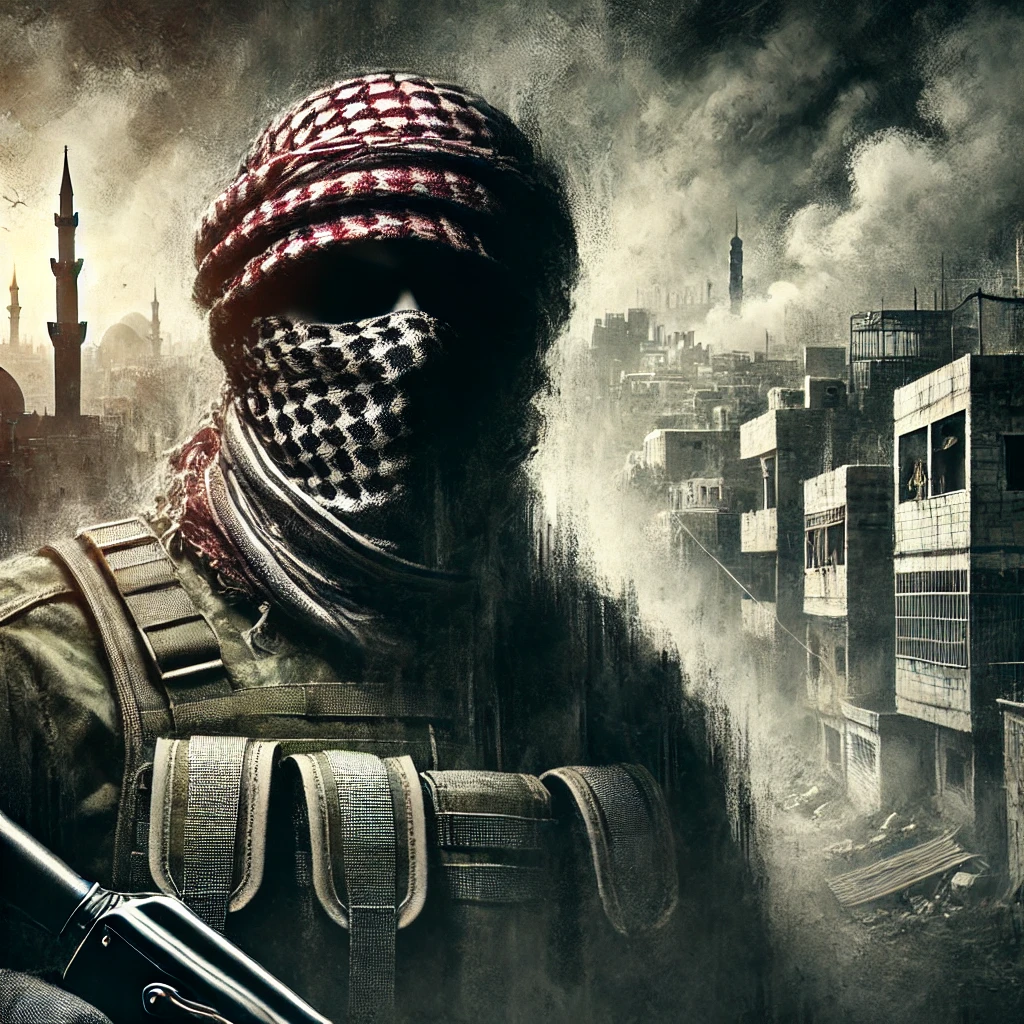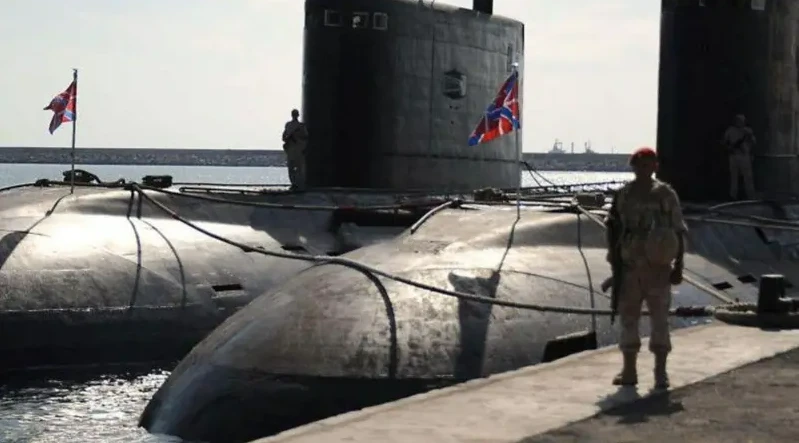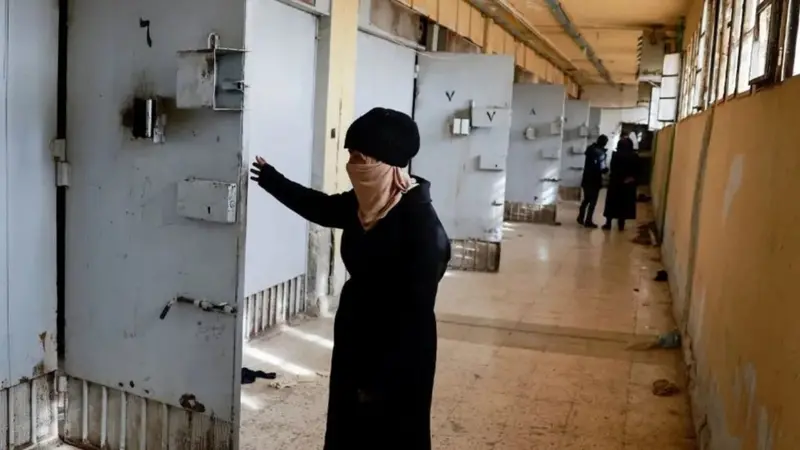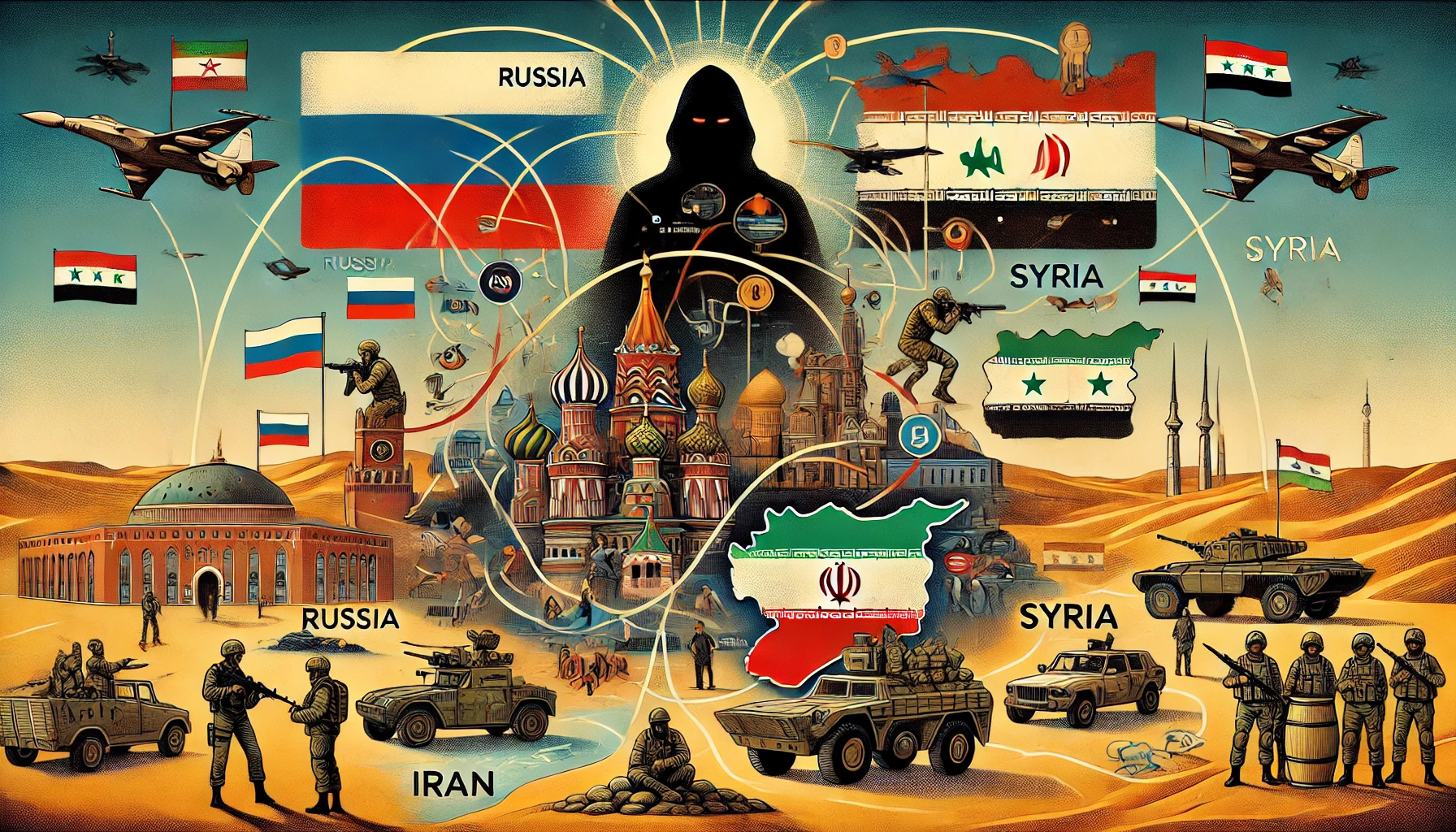As Syrian opposition forces took control of Damascus and said the ouster of Syrian President Bashar al-Assad, antigovernment groups released videos several weeks ago that show a bearded man in military fatigues leading the offensive.
It was Abu Mohammed al-Julani, the head of Hayat Tahrir al-Sham.
As his forces press closer to the capital, Damascus, al-Julani has become once again a focus of conversation and controversy inside Syria and beyond, especially since he came to lead an organization considered a terrorist group by Western countries, Islamic nations, and the United Nations.
As the chief of the jihadist group Hayat Tahrir al-Sham, Abu Mohammed al-Julani heads the most powerful rebel faction in northwestern Syria. He governs vast territories in Idlib Province and parts of the neighboring Aleppo, Latakia, and Hama provinces.
This area shelters around three million displaced persons and serves as the most extensive opposition-controlled land.
This man led the latest unexpected offensive that began two weeks ago, marking the most remarkable operation of his career. He is one of the most prominent leaders in Syria’s civil war but also remains a figure surrounded by significant controversy.
Who is Abu Mohammed al-Julani?

Reports about his real name, birthdate, place of birth, and personal history are varied, further cloaking his identity in mystery. The United Nations reports place his birth between 1975 and 1979, while Interpol has listed his birth year as 1975.
In an interview with the U.S. PBS network, al-Julani identified his full name as Ahmad Hussein al-Sharaa. His nom de guerre refers to the Golan Heights and reflects his family’s roots from that region. He said he was born in 1982 in Riyadh, Saudi Arabia, where his father worked as an oil engineer until 1989. That year, his family repatriated to Syria, and he grew up in the Mezzeh district of the capital city.
Media reports conflictingly describe him as born in Deir ez-Zor, Syria, in 1981. He studied medicine in Damascus for two years before reportedly leaving in his third year to join al-Qaeda in Iraq following the U.S. invasion in 2003.
Rise in Jihadist Ranks
Al-Julani is believed to have risen through the ranks of the jihadist group quickly and became close to Abu Musab al-Zarqawi, who founded al-Qaeda in Iraq. After Zarqawi’s death, al-Julani moved to Lebanon in 2006, where, according to reports, he oversaw the training activities of the jihadist group Jund al-Sham. He later went back to Iraq, where he was briefly imprisoned by the U.S. forces; after being released in 2008, he joined the Islamic State of Iraq.
Return to Syria and Leadership Role

In August 2011, al-Julani returned to Syria and created an al-Qaeda affiliate, Jabhat al-Nusra, to fight against President Bashar al-Assad. Some Lebanese media reports claimed he was originally Iraqi, with connections to the Julan neighborhood in Fallujah, Iraq.
When he seized control over Jabhat al-Nusra, the UK-based Quilliam Foundation described him as a man with ample experience in Iraq, thus solidifying his position without challenge. The foundation further noted that al-Julani’s personal details were shrouded in secrecy and known to very few of his members in Jabhat al-Nusra.
Al-Julani became well-known in Iraq under the mentorship of al-Zarqawi. He had planned cross-border operations, which coordinated foreign fighters with local insurgents to carry out attacks and suicide missions. In 2010, he was detained by U.S. military forces at Camp Bucca in Iraq, a facility known for fostering extremist ideologies. During this time, his connections with jihadist networks, including future leaders of the Islamic State, or ISIS, were solidified. He spent several years in American military custody before being released.
Syria and the al-Qaeda group.
As the Syrian uprising evolved into a bloody conflict in 2011, al-Julani returned to Syria, working alongside ISIS’s leader Abu Bakr al-Baghdadi to establish the Syrian affiliate of the organization. In January 2012, he founded Jabhat al-Nusra.
In 2013, the emir of the Islamic State of Iraq, Abu Bakr al-Baghdadi, announced that Jabhat al-Nusra had merged with ISIS; al-Julani, however, rejected the claim and pledged his allegiance to Ayman al-Zawahiri, the head of al-Qaeda.
Later in July 2016, al-Julani announced that his group was breaking ties with al-Qaeda and would hereafter be known as Jabhat Fateh al-Sham.
In 2017, the group reconstituted itself into the formation of Hayat Tahrir al-Sham (HTS), a coalition of different Islamist groups led by al-Julani. While it retained its strict Islamist ideology, the organization attempted to adopt a more pragmatic character in its emphasis on local governance and diplomacy rather than transnational jihad.
In 2021, al-Julani conveyed to PBS that he had forsaken al-Qaeda’s worldwide jihad objectives and was now exclusively concentrated on toppling Bashar al-Assad’s regime in Syria while aiming to establish an Islamic governance within the nation.
Idlib

Al-Julani’s leadership methodology is distinguished by his capacity to adjust to existing conditions. While initially grounded in the ideology of al-Qaeda, his strategy progressively transitioned toward a more localized framework.
As the head of Hayat Tahrir al-Sham (HTS), al-Julani is in a position of influence within Idlib, the last major stronghold of the Syrian opposition.
He has demonstrated great skill in navigating military conflict, diplomatic negotiations, and local governance with aplomb.
Despite media reports focused on the harsh policies under which Hayat Tahrir al-Sham (HTS), a powerful Salafi group known for its brutal repression of opponents, operates, accusations against it have persisted.
HTS has often been accused of torturing detainees. Al-Julani has denied this, inviting human rights groups to visit the prisons for a personal look for themselves.
Over the years, several reports of al-Julani’s death have surfaced; all of these have been proven to be false.
As leader of HTS, al-Julani has worked to rebrand himself as a civilian leader, attempting to shed the image that comes with being an international terrorist.
Notwithstanding these initiatives, the U.S. government persists in labeling him a terrorist, referencing his prior affiliations with al-Qaeda. A bounty of $10 million has been established for information that could result in his apprehension.






